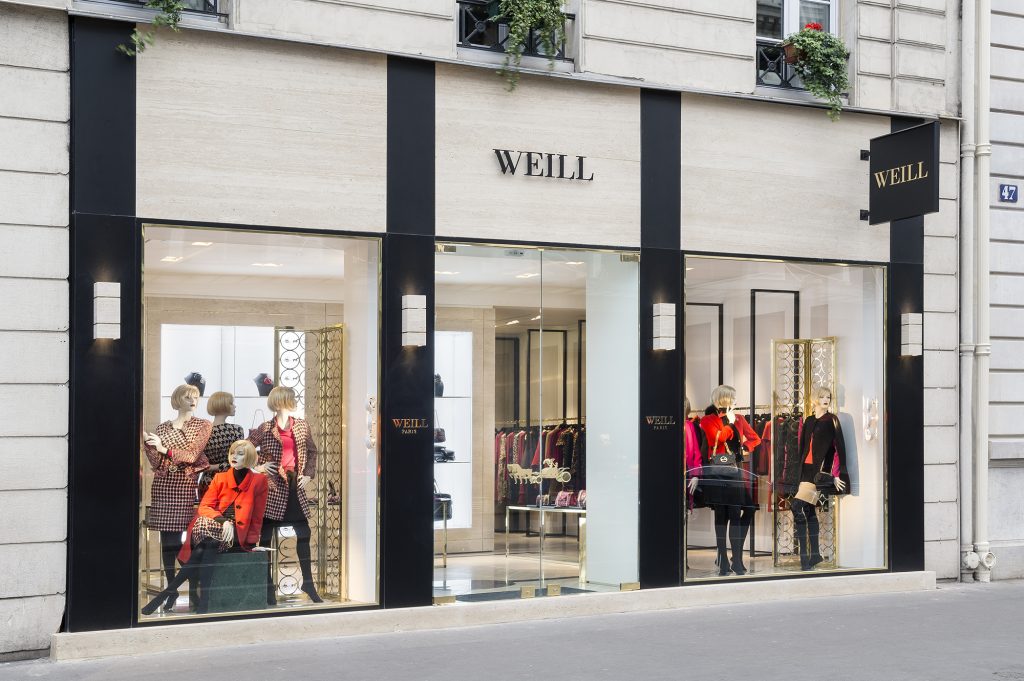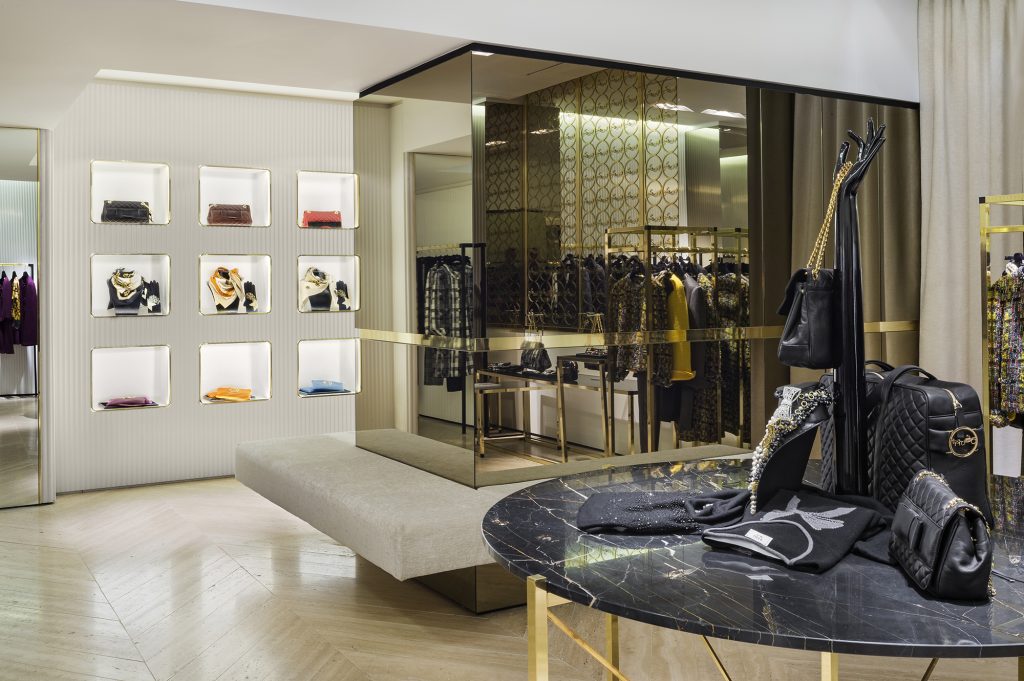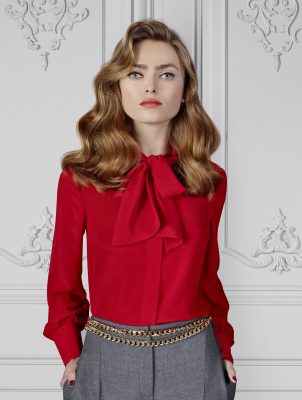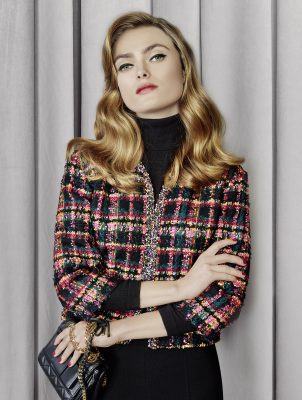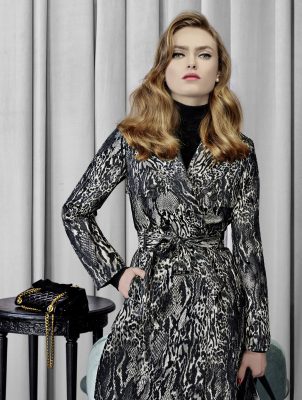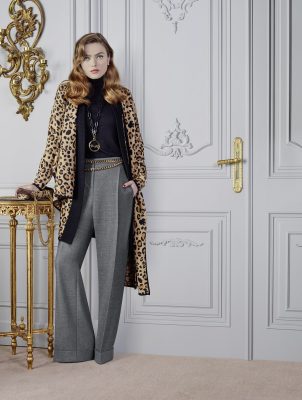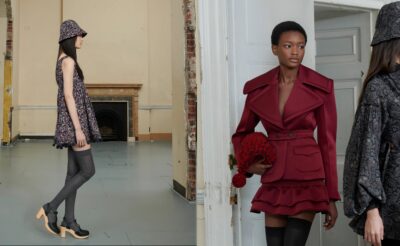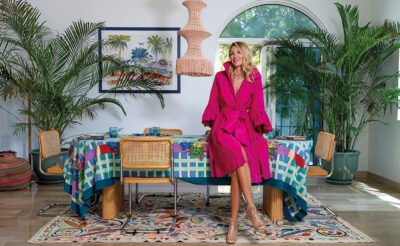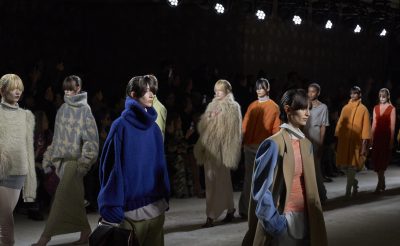We talk to the CEO of Paris’ oldest fashion house, Bernand Weill, to discuss values, the Middle Eastern market and why it’s important to keep things in the family.
By Christopher Prince
Can you talk a little about your father’s history at Weill?
He entered Weill at 19, just after the war ended. For four years he was hidden under a false name and lived in a small town, at that time it was very dangerous for Jewish people. When the war ended he decided to work for the family company, but they had to build it up almost from scratch. Weill actually made uniforms for the Germans during the war, but after they were defeated the company started to make uniforms for the Americans.
How did America influence the brand?
My father went on a business trip to America to meet manufacturers – the others were probably much older than him at the time. When he visited the factories he realised that the Americans were producing garments as ‘ready-to-wear’, which was not the case in France. When he returned he convinced his father that they had to change the company. They started selling garments with labels, which had never been done before in France, except in haute couture. Before we were manufacturing garments, selling them to shops, and the shops would label them with their names.
When you were appointed as CEO did your father pass on any advice?
No. Well, my father isn’t a man who talks very much. However, he’s a man that is very open-minded. It’s my job to bring him new ideas, and he’s always ready to hear them. The problem is convincing him the idea is good!
Where do you position Weill in today’s market?
In France we’re known as the oldest company (founded in 1892). It’s special to realise that the brand has been in the business for more than a century. At times it can be a burden because the French challenge us for being an old company, but what we’re producing isn’t old. In the rest of the world people don’t look at Weill this way. They think it’s a big advantage. Our aim isn’t to make the business grow at a rapid speed like other companies, or to make a lot of money and just sell the brand. We’re trying to maintain the business to ensure it can be passed down to the next generation.
Is it important for you to keep Weill in the family?
Of course. It’s been a family business for fives generations and we want to keep it that way. When you find a business partner, one must be the boss. For us it’s a very different attitude. My father always says that our customers are our partners, not our investors.
Speaking of the next generation, I believe your son is now working with you?
My son is running the international market. Next week he’ll be flying to China and Russia. My brother’s son is actually going to Dubai for between six months to one year to work with the Chalhoub Group in order to get acquainted with the Middle Eastern market.
How have you made efforts to market Weill worldwide?
We think the future of our company is to develop the export market. We cannot just concentrate on the French market. The world has changed; you have to be a worldwide company, otherwise you have no future. The Middle East is a very good market for us, people have responded positively to our goods. Our first customers from that region were Lebanese. I remember a long time ago, during the war in Lebanon, our customers were coming to us by boat through Cyprus. They were tremendously supportive.
What is the defining signature of the Weill brand?
We aim for a feminine look. We follow the trends, but put a feminine twist on them.
Why did you recruit Edward Achour as artistic director?
Because of the speed at which fashion and trends are moving, we decided that we had to change the way we approached the brand by introducing a more couture-like aesthetic. That’s why we brought in Edward.
What’s next for Weill?
We’re going to open new stores in the Middle East over the next two years. We’re also aiming to restructure in Kuwait, as it’s one of our best markets. And of course there is still potential for us in Europe. Business is very simple. It’s like life. When you find the right partner things are a lot easier.

